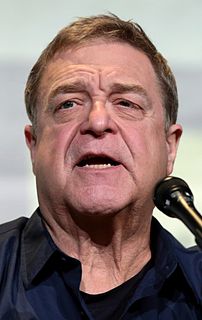A Quote by Henry Giroux
The new illiteracy is about more than not knowing how to read the book or the word; it is about not knowing how to read the world.
Related Quotes
The line-by-line, sequential, continuous form of the printed page slowly began to lose its resonance as a metaphor of how knowledge was to be acquired and how the world was to be understood. "Knowing" the facts took on a new meaning, for it did not imply that one understood implications, background, or connections. Telegraphic discourse permitted no time for historical perspectives and gave no priority to the qualitative. To the telegraph, intelligence meant knowing of lots of things, not knowing about them.
I read everything. I'll read a John Grisham novel, I'll sit and read a whole book of poems by Maya Angelou, or I'll just read some Mary Oliver - this is a book that was given to me for Christmas. No particular genre. And I read in French, and I read in German, and I read in English. I love to see how other people use language.
Look, it's no longer about capacity, how many ships, how many air wings, how many battalions. It's about capability. If we dominate cyber space and know and can read the other guy's mail, and with a very accurate laser-guided munitions put it in this window or that window, it's not how much, it's knowing exactly where to pinpoint a target.
At what age did I start to think that where I was going was more important than where I already was? When was it that I began to believe that the most important thing about what I was doing was getting it over with? Knowing how to live is not something we have to teach children. Knowing how to live is something we have to be careful not to take away from them.




































